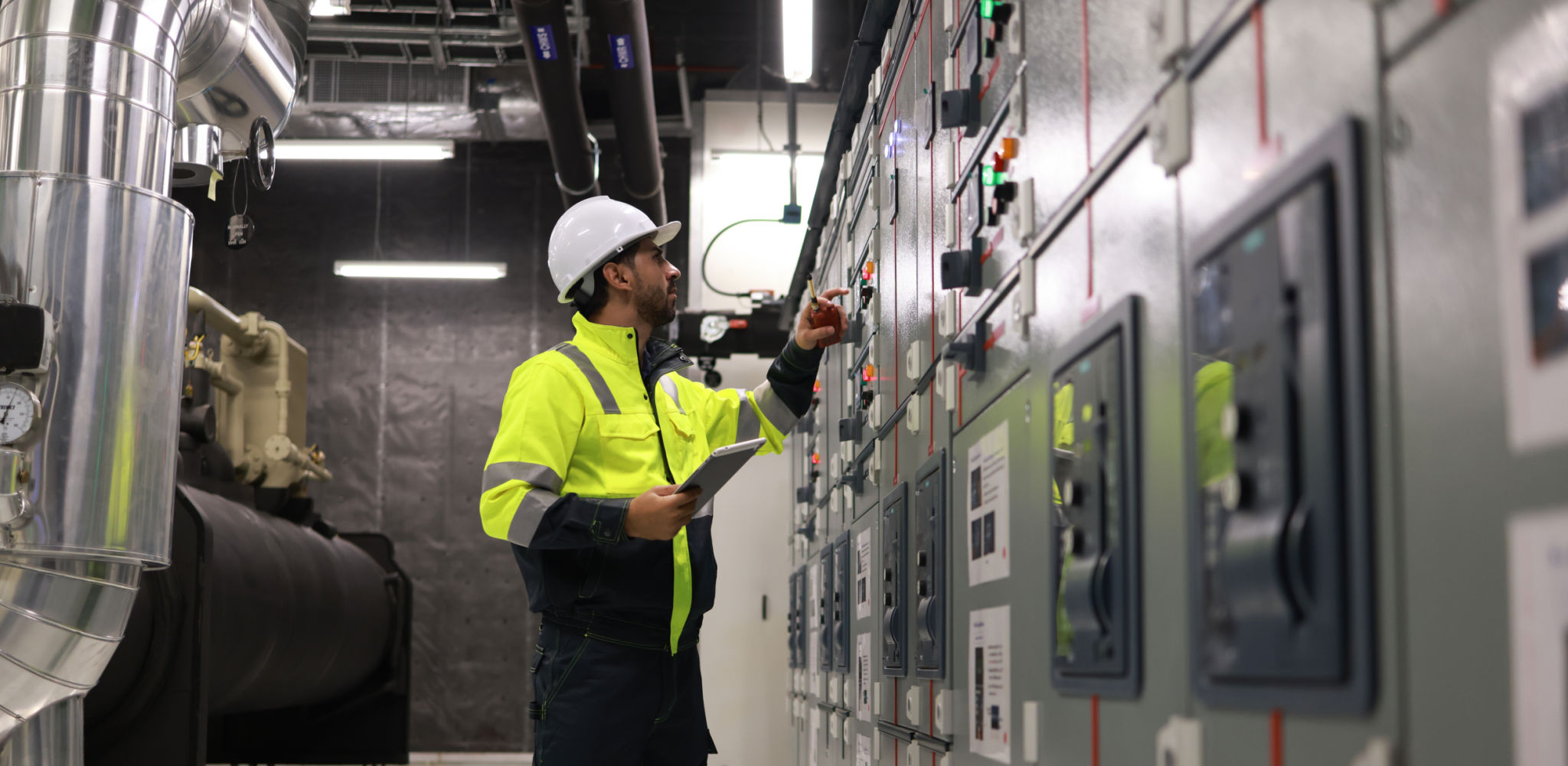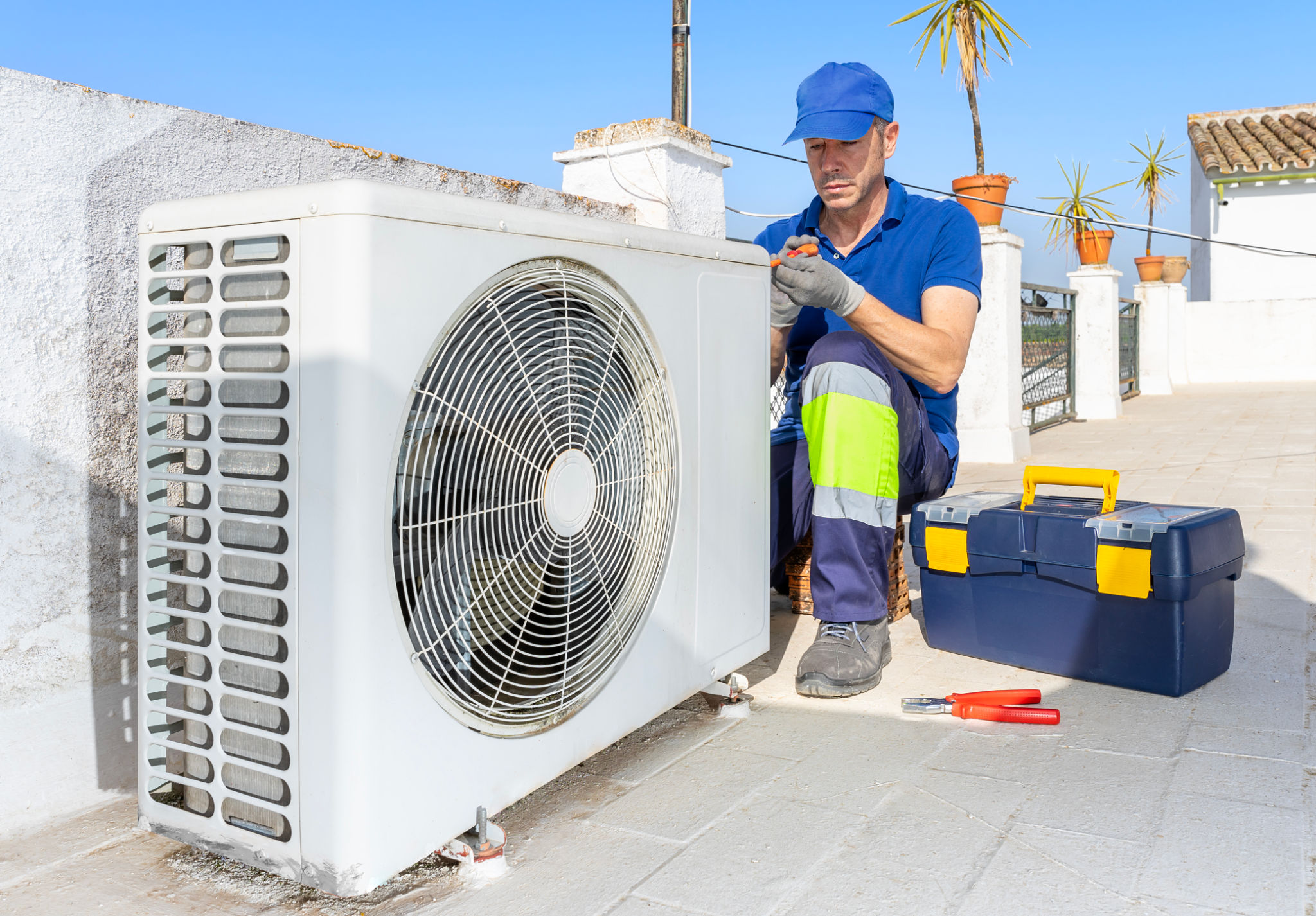Seasonal Maintenance Tips for Industrial Process Control Systems
Understanding the Importance of Seasonal Maintenance
Industrial process control systems are the backbone of many manufacturing and production operations. These systems require regular maintenance to ensure optimal performance and avoid costly downtime. Seasonal maintenance is particularly crucial as it helps in adapting to changing environmental conditions and ensures that the systems run smoothly year-round.
By scheduling maintenance activities according to the season, businesses can address specific challenges posed by varying temperatures, humidity levels, and other environmental factors. This approach not only enhances system reliability but also extends the lifespan of critical components.

Preparing for Winter: Cold Weather Precautions
As temperatures drop, industrial process control systems can face significant challenges. It is essential to take preventive measures to protect these systems from freezing temperatures. Here are some key considerations:
- Insulation: Ensure that all pipes and exposed components are well-insulated to prevent freezing.
- Temperature Monitoring: Regularly check temperature sensors to ensure they are functioning correctly.
- Backup Systems: Test backup power systems to ensure they can handle the increased demand during power outages.
Implementing these measures can help mitigate potential risks associated with cold weather, ensuring that your systems operate efficiently even in harsh conditions.
Spring Cleaning: Revitalizing Your Systems
Spring is an ideal time for a thorough inspection of your industrial process control systems. As the weather warms up, consider the following maintenance tasks:
- System Inspection: Conduct a comprehensive audit of all system components to identify any wear and tear.
- Cleaning: Remove dust and debris from equipment to prevent overheating and improve efficiency.
- Software Updates: Update software and firmware to ensure the latest security patches and performance improvements are implemented.

Summer Challenges: Managing Heat and Humidity
With rising temperatures, summer can pose unique challenges for industrial process control systems. High heat and humidity levels can lead to equipment overheating and increased electrical loads. To combat these issues, consider the following:
- Ventilation: Ensure proper ventilation in control rooms to prevent overheating of sensitive equipment.
- Cooling Systems: Regularly inspect and maintain cooling systems to ensure they are operating efficiently.
- Humidity Control: Use dehumidifiers or other humidity control measures to protect equipment from moisture-related damage.
By proactively addressing these summer challenges, businesses can maintain operational efficiency and reduce the risk of unexpected shutdowns.

Autumn Preparations: Readying for Transition
The transition from summer to winter requires careful attention to detail. Autumn is a great time to prepare your industrial process control systems for colder months. Key maintenance activities include:
- System Calibration: Recalibrate sensors and instruments to ensure accuracy as temperatures begin to drop.
- Lubrication: Check and replenish lubrication in mechanical parts to prevent friction-related wear.
- Component Replacement: Replace worn-out components to minimize the risk of failure during peak winter operations.
These preparations help in ensuring a seamless transition into winter, minimizing disruptions caused by changing weather conditions.
Regular Maintenance: A Year-Round Commitment
While seasonal maintenance is essential, it should complement regular maintenance routines. Industrial process control systems require constant attention throughout the year to perform optimally. Regular inspections, timely repairs, and updates form the foundation of a robust maintenance strategy.
A well-planned maintenance schedule not only enhances system reliability but also contributes to overall productivity and safety. By investing in regular upkeep, businesses can ensure that their process control systems remain in peak condition regardless of the season.

In conclusion, adopting a proactive approach to seasonal maintenance can significantly benefit industrial process control systems. By understanding the unique challenges each season presents and implementing targeted strategies, businesses can ensure their systems operate efficiently year-round. This commitment to maintenance not only prevents costly downtime but also fosters a sustainable and productive work environment.